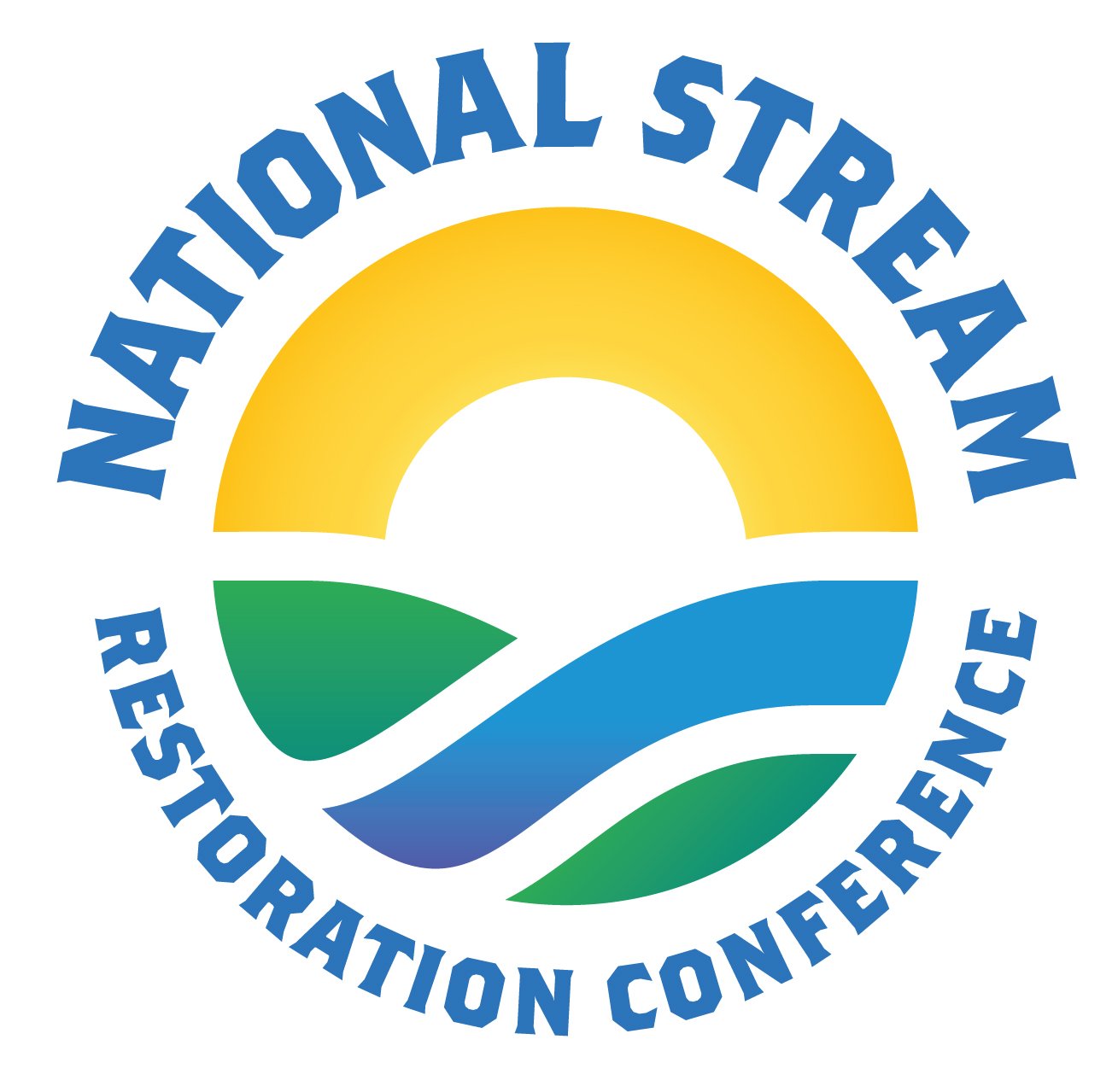Functional Monitoring in Stream and Wetland Restoration
Michael Sachs
RES
Pittsburgh, PA
A state university is conducting research within one large RES project to analyze changes resulting from floodplain reconnection, changes to biological diversity, and overall long-term effects of floodplain restoration techniques. The focus of the research is on measuring functional characteristics of selected restored sites. Investigations include using salt tracing to characterize flow paths, measuring water storage, and measuring outflow relative to precipitation. Preliminary findings will be presented to show how stream depth relative to Annual Precipitation Index changed over 5 years, with streams becoming less flashy after restoration compared to before.
For biological characteristics, the research aims to find functional metrics that might indicate how restoration increases nutrient retention and conversion into vegetative or animal biomass. Preliminary nutrient findings suggest that restored sites tended to retain fine sediments and have higher nitrogen and phosphate in sediments compared to unrestored sites. Ongoing studies indicate that nutrient export rates tend to vary with site and season. So far, algal biomass has correlated more with stream size than restoration status but does trend with higher macroinvertebrate biomass and fish densities. Current investigations have included woody debris surveys, leaf litter breakdown and dynamics of organic matter in sediments and water in restored-unrestored sites.
The university research groups’ findings will be compared to and discussed in the context of other monitoring efforts, including regulatory compliance monitoring and the EPA’s draft performance and monitoring document, “Expanding Monitoring and Performance to Dynamic Alluvial Valleys”.
About Michael Sachs
Mike Sachs serves as General Manager of RES’ Northeast Region. Mike has helped the region grow into a diverse business delivering some of the region’s most significant ecological restoration projects, such as compensatory mitigation and pollutant reduction, using various delivery methods. Mike enjoys working every day with an excellent regional team consisting of dedicated, well-rounded professionals under the direction of recognized subject matter experts. Mike says the best part of working at RES is spending time in the field at RES’ job sites and working in the fun environment of our Pittsburgh office. Mike takes pride in delivering innovative ecological restoration projects with RES’s fast-paced but relaxed approach. Outside of work, Mike enjoys fly fishing and boating.

